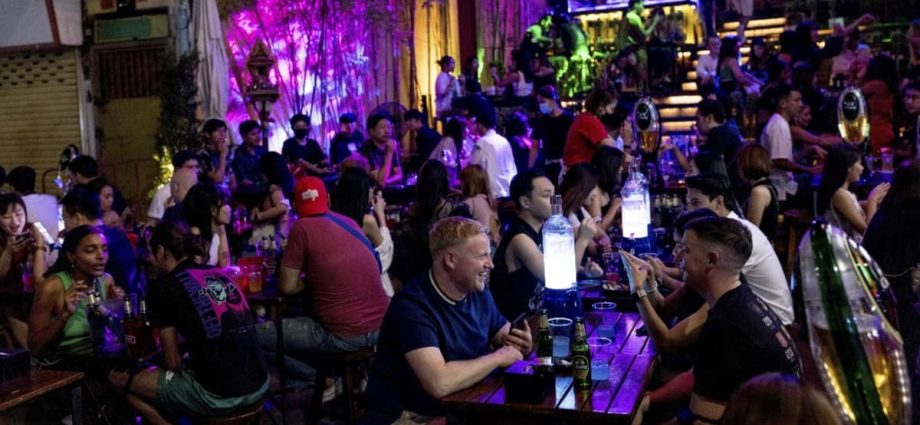
In case the percentage of alcohol is higher than 50mg per 100ml of blood, business operators are required to either provide the customer with a rest area, where they can wait until it is safe to drive back, or contact their friend, relative or a paid driver to take them back.
“This is pushing the burdens to business operators, and they won’t do it,” said Dr Tairjing Siriphanich, secretary-general of the Don’t Drive Drunk Foundation.
“Various measures existing in Thailand haven’t been able to control drunk drivers…They aren’t practical.”
While stimulating the economy is good for the country, Dr Tairjing cautioned it must come with safety, noting the number of road traffic injuries in Thailand is already high and that the longer operating hours of night-time entertainment venues could increase the risk of road accidents in the future.
Between Jan 1 and Dec 22 this year, road accidents resulted in 13,656 deaths and 782,316 injuries in the country, according to the Thailand Road Accidents Data Centre for Road Safety Culture (ThaiRSC).
Last year, it reported 14,965 deaths and 927,016 injuries due to road accidents, an increase from 13,657 deaths and 883,306 injuries in 2021.
One day after the new rule was introduced by the Interior Ministry, a foreign tourist was arrested for drink-driving, driving without a licence and causing deaths and injuries by reckless driving.
The car he allegedly drove hit workers on the road in Chiang Mai, killing one and severely hurting two others, local media reported.
The tourist reportedly had gone to a pub with friends before the accident occurred.
“There must be a working committee to assess the social impact of the policy,” Dr Tairjing said.
“Of course, the revenue will increase but in exchange for lives, and I don’t think that’s right.”

